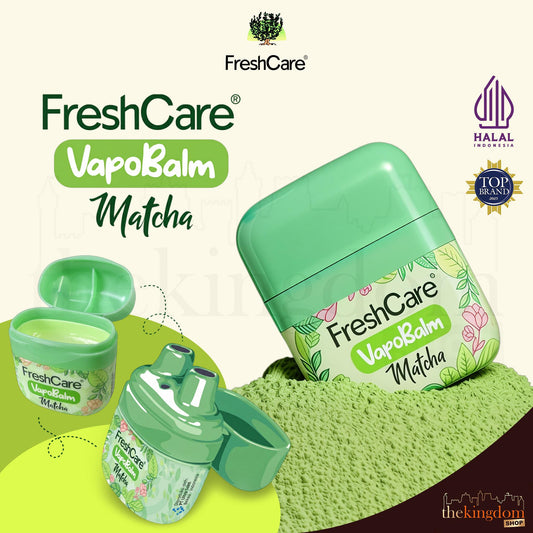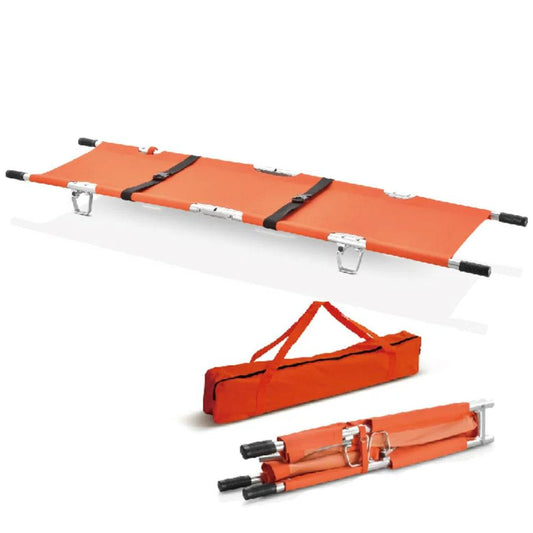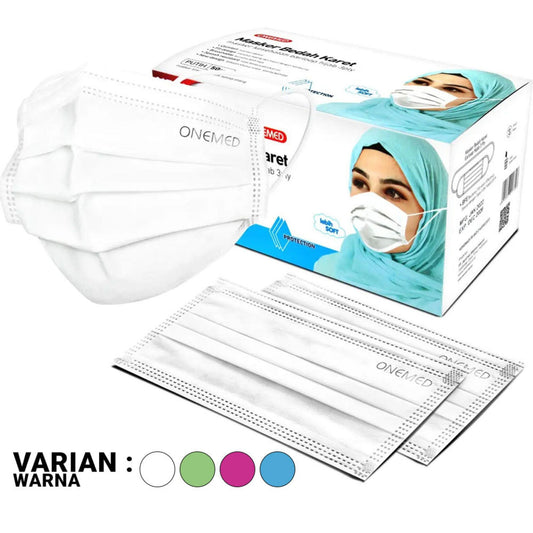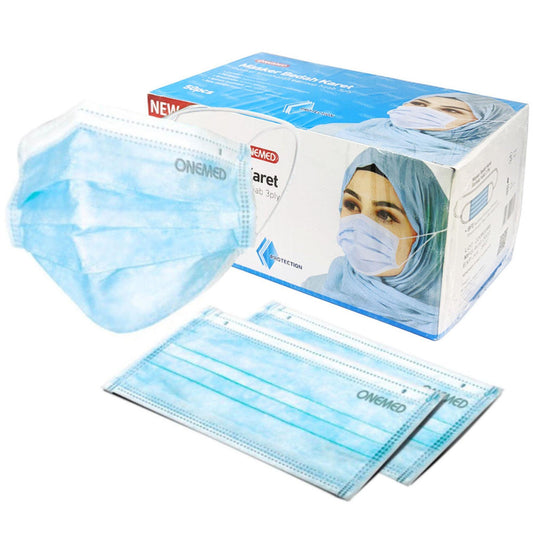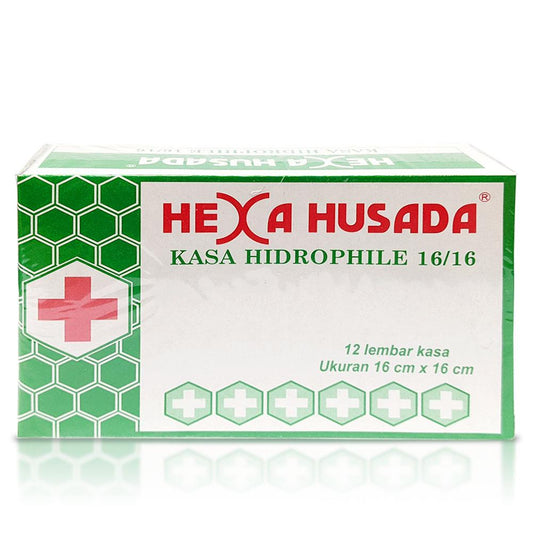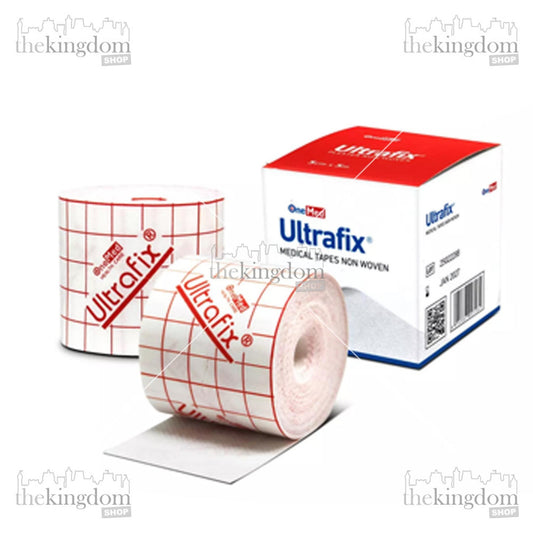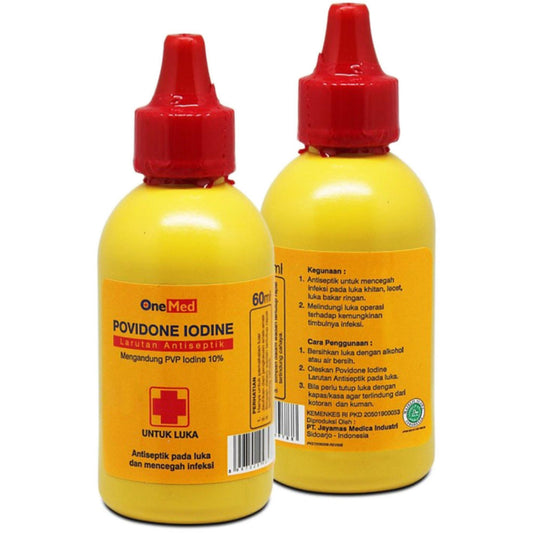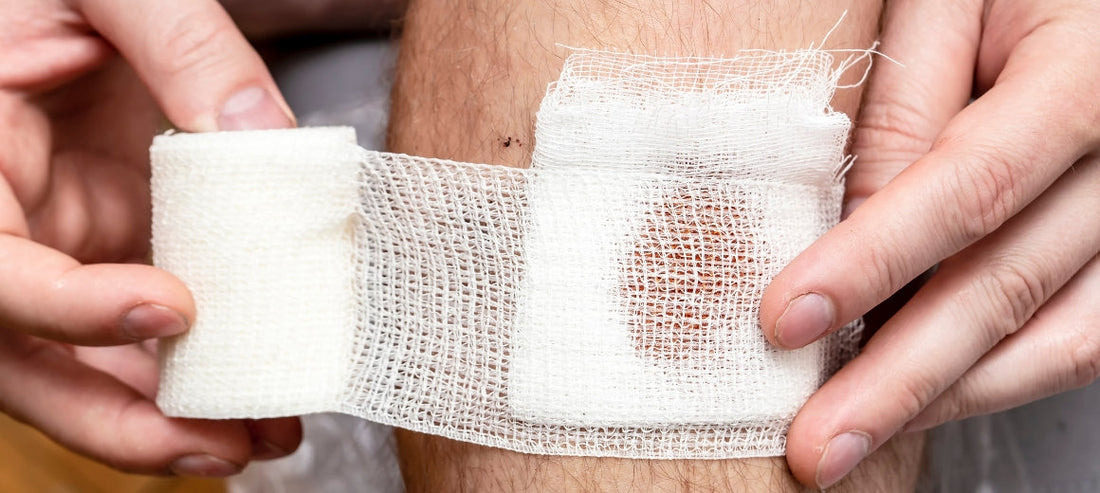
What Happens If Wounds Are Not Treated? Be Aware of the Dangers
Wounds are one of the things that we often experience in everyday life, whether it is a small wound or a large wound due to an accident. However, there are still many people who tend to ignore wounds and choose to just leave them alone without proper treatment. In fact, this can risk causing infection and other complications.
Types of Wounds
-
Abrasions
These wounds are caused by friction between the skin and a rough surface. They are usually not deep, but need to be treated to prevent infection. -
Incision Wound
These wounds occur when a sharp object such as a knife or glass scratches the skin. These wounds often have regular edges. -
Laceration
Wounds with uneven edges due to hard impact. Generally deeper and have a high risk of infection. -
Puncture Wound
These wounds are usually small on the surface, but can be very deep, caused by sharp or pointed objects such as nails, knives or needles. These wounds can potentially be infected with serious infections such as tetanus. -
Contusion Wound
These wounds occur when small blood vessels under the skin break due to impact or pressure, but the skin is not broken. This causes blood to leak into the surrounding tissue, which results in a blue, purple, or red color to the skin. -
Burn
Burns are injuries to the skin caused by heat, fire, chemicals, electricity, or even continuous friction.
Dangers If Wounds Are Left Untreated
If wounds are not treated properly, various serious complications can occur, such as:
-
Infection i
Open wounds can be a gateway for bacteria, such as Staphylococcus or Streptococcus, which can cause skin infections or even spread throughout the body and lead to more serious conditions, such as sepsis. -
Tetanus
Wounds caused by sharp or dirty objects can carry the bacteria Clostridium tetani , which can cause severe muscle spasms. -
Healing Disorder
Improper wound care can slow down the healing process and cause scars, commonly called keloids. -
Further Network Damage
Deep wounds, if not treated properly, can cause damage to the surrounding tissue and even cause necrosis (tissue death). -
Spread of Infection
Infection in the wound can spread to other tissues or organs, which can cause an abscess (formation of pus) or serious problems such as osteomyelitis (infection of the bone).
How to Treat Wounds Properly
Proper wound care is essential to prevent infection and other complications. Here are the steps you can follow:

To properly care for wounds, the first step is to wash your hands with soap before handling the wound to avoid contamination. Clean the wound with running water, and if necessary, use soap around the wound, but avoid soap directly on the wound.
If there is bleeding, apply pressure to the wound with a clean cloth or sterile gauze until the bleeding stops. Next, apply antiseptic or antibiotic ointment to the wound to reduce the risk of infection.
After that, cover the wound with a sterile plaster or bandage to protect it from dirt and bacteria. Make sure to change the bandage regularly, every day or immediately if the bandage gets wet or dirty.
Finally, monitor the condition of the wound regularly. If you see signs of infection such as redness, swelling, pain, or pus, contact a medical professional immediately for further treatment.
Recommended Wound Care Products
For optimal wound care, you can use products such as:
-
Wound Plasters: Choose ones that are hypoallergenic and comfortable to wear.
-
Antiseptic Ointment: Helps prevent infection and speed healing.
-
Sterile Gauze and Bandages: For larger or open wounds.
By understanding the types of wounds and how to treat them, you can better handle wounds and prevent unwanted complications. Always have a first aid kit at home as a precaution!
For optimal protection, use trusted wound care products such as Onemed Dermafix . This product is designed to keep wounds clean and speed up the healing process. Get Onemed Dermafix at the kingdom shop now to make sure you are always ready for emergency situations!

